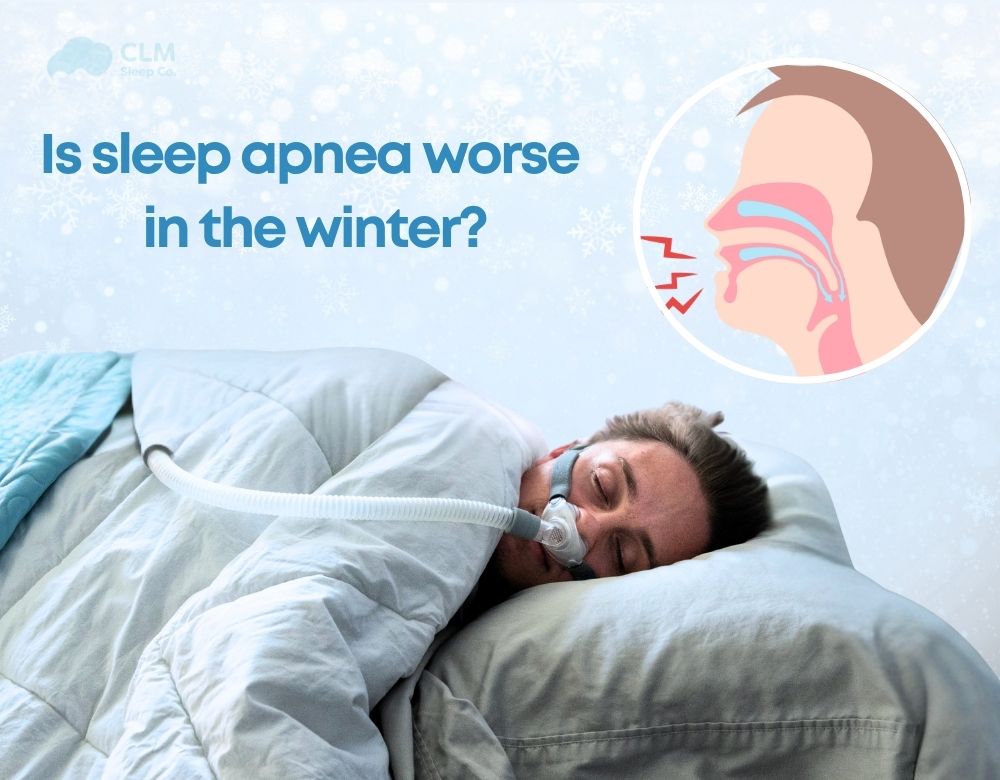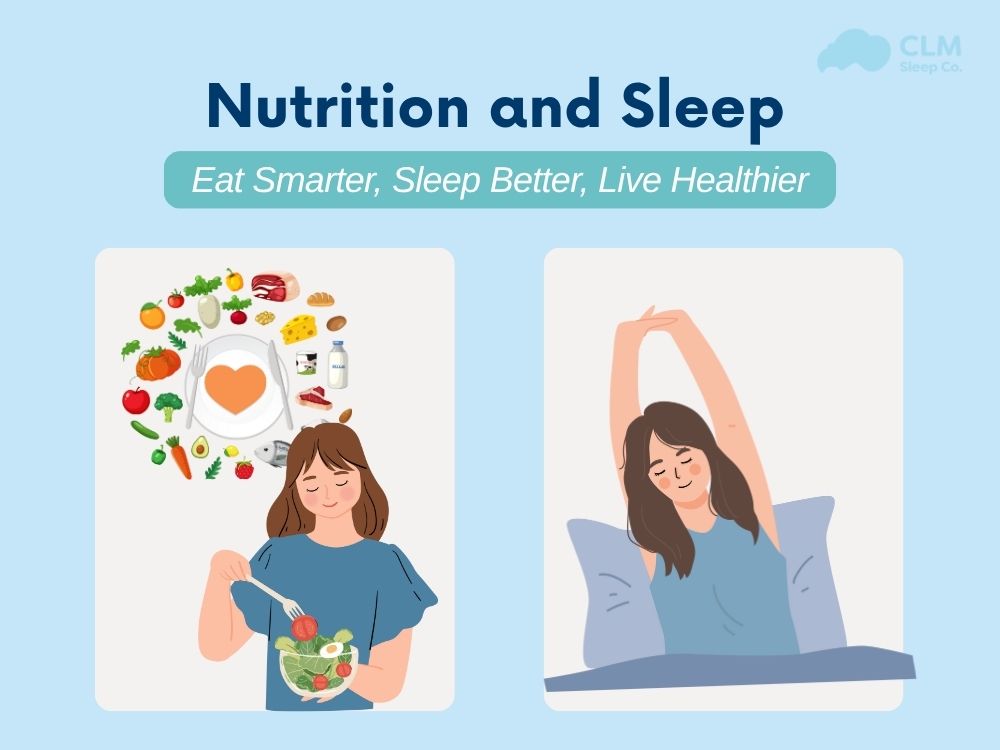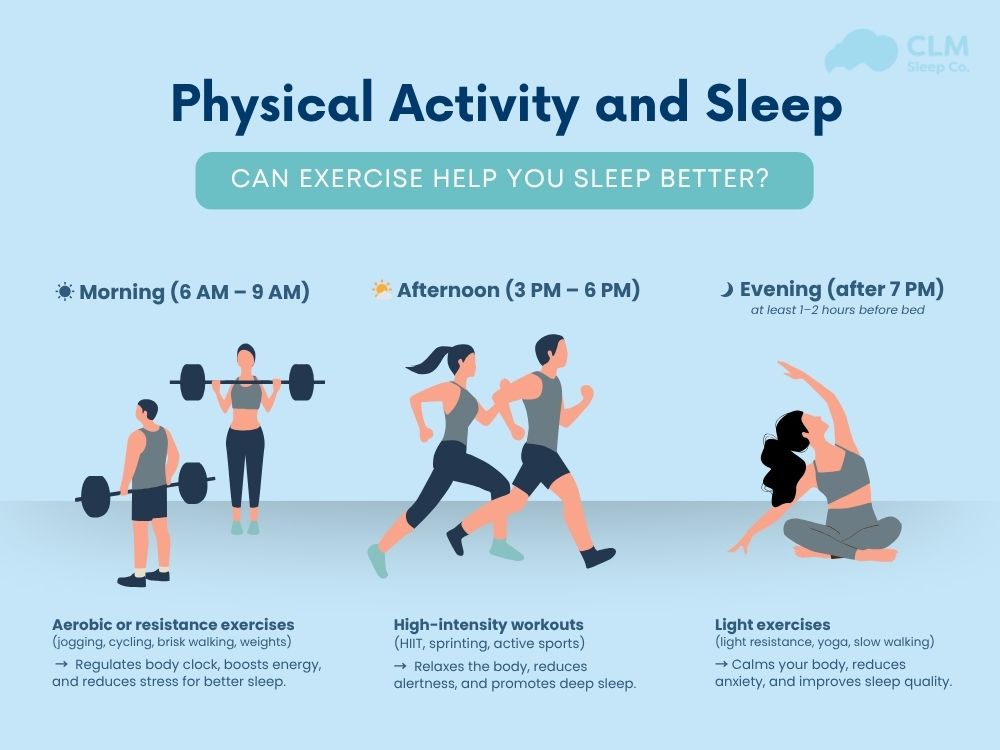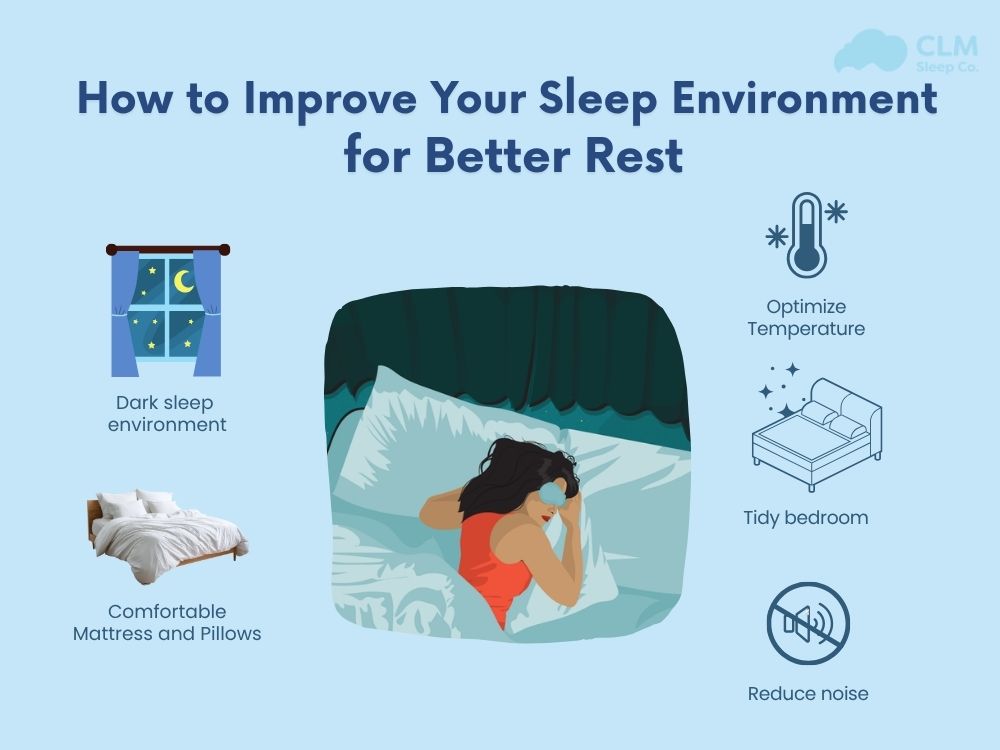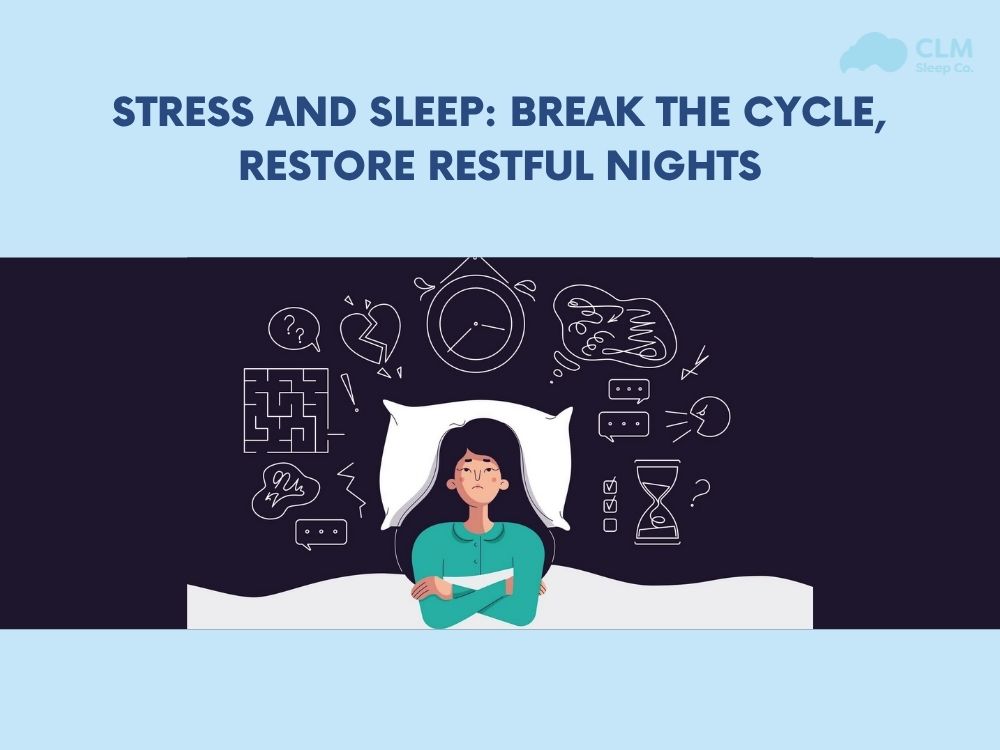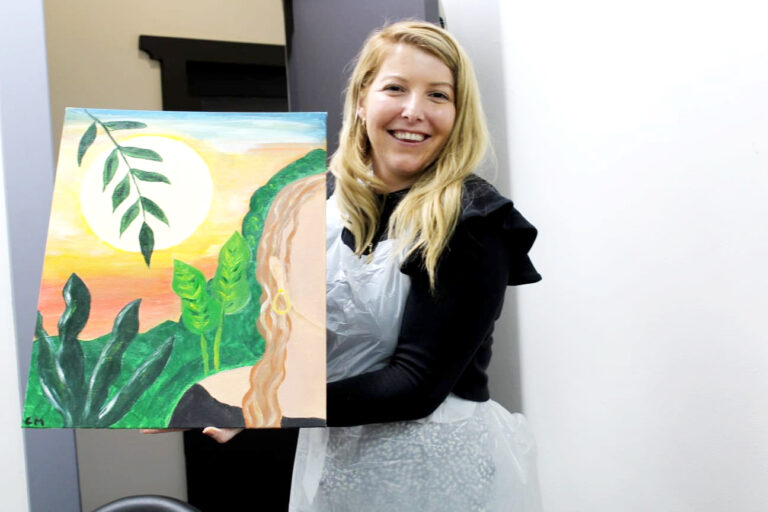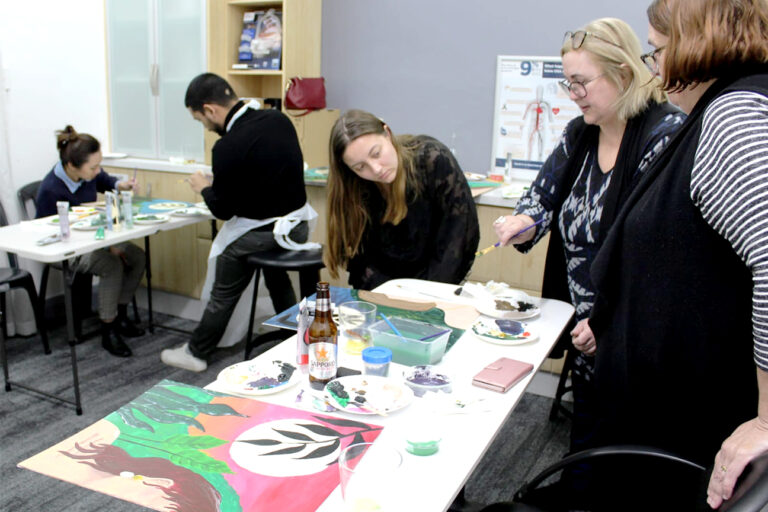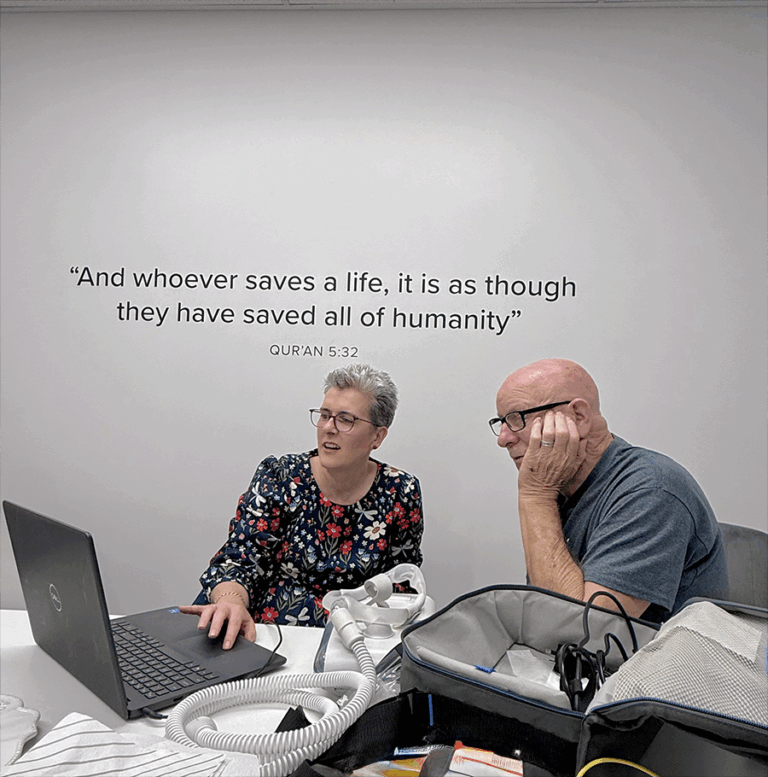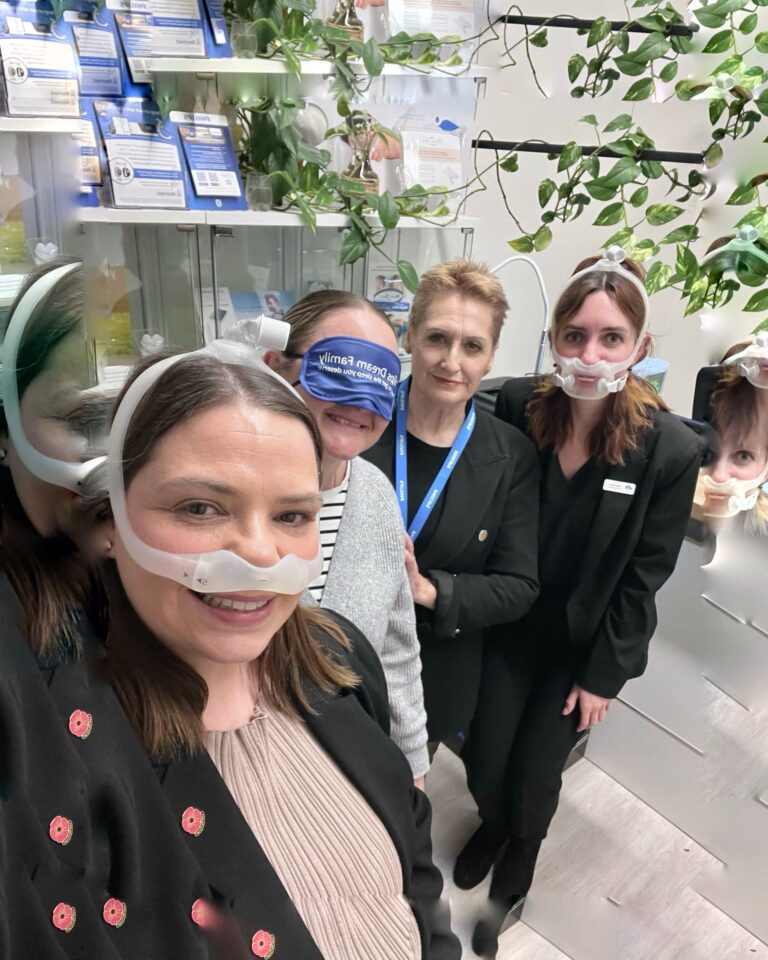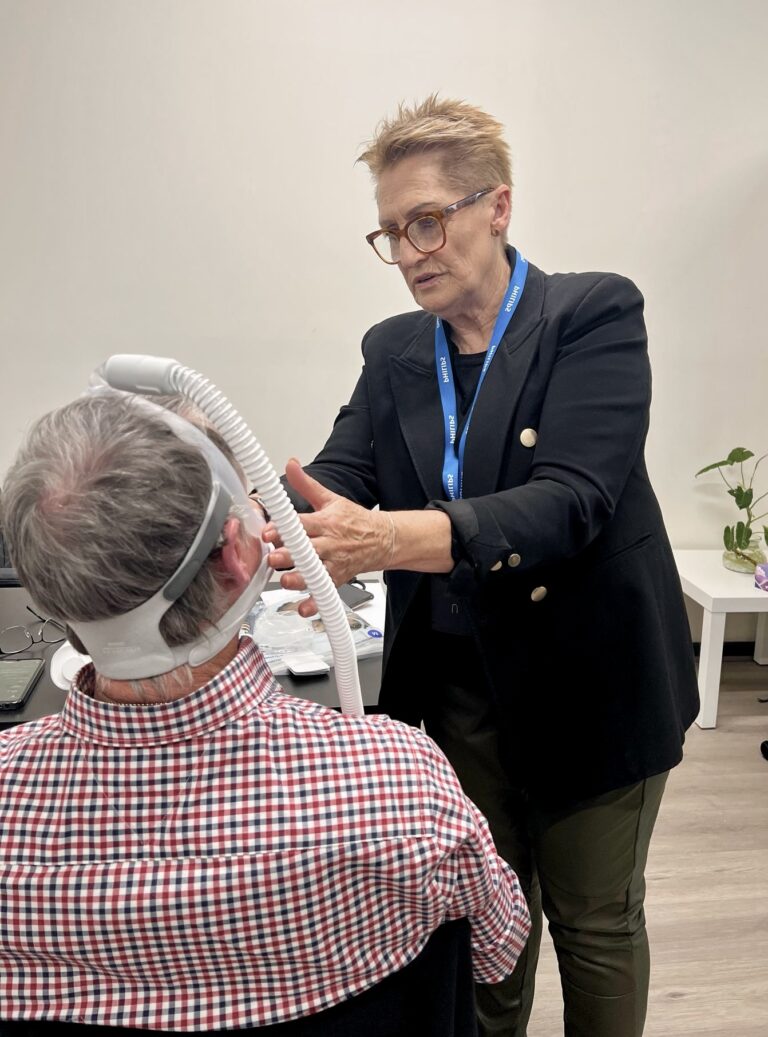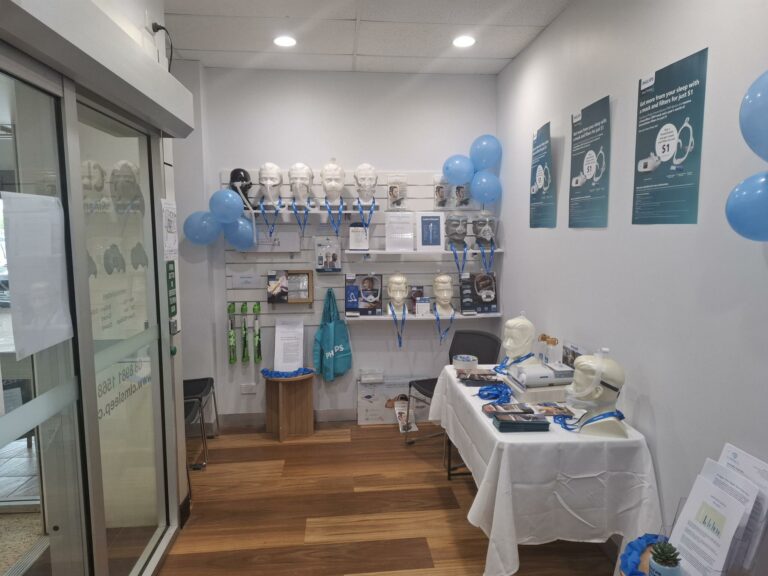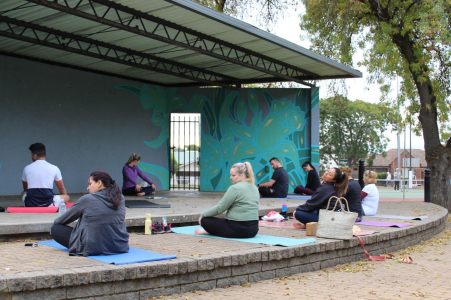As Australia enters winter, the stark temperature difference between day and night causes many people with sleep apnea to feel their symptoms worsen. They often find it harder to breathe, their noses get easily congested, and using the CPAP machine becomes less comfortable. This leads many to ask: is sleep apnea worse in the winter, or is it just a subjective feeling? In this article, we will explore whether sleep apnea actually worsens in winter and discover useful tips for managing this condition during the cold season.
Understanding Sleep Apnea
Sleep apnea is a common but serious sleep disorder that affects thousands of people across Australia. It happens when breathing repeatedly stops and starts during sleep, usually due to a blocked airway (called Obstructive Sleep Apnea – OSA) or because the brain fails to send proper signals to the breathing muscles (known as Central Sleep Apnea – CSA). If left untreated, it can lead to poor sleep quality, daytime fatigue, high blood pressure, and even increase the risk of heart disease and stroke.
Common symptoms of sleep apnea include:
- Loud, ongoing snoring
- Gasping or choking during sleep
- Frequently waking up during the night
- Feeling tired or exhausted even after a full night’s sleep
- Morning headaches
- Trouble concentrating or excessive daytime sleepiness
Why does the airway become more affected during sleep?
When we sleep, especially at night, the muscles in the throat and tongue naturally relax. For people with sleep apnea, this relaxation can cause the airway to become narrow or even completely blocked. In addition, factors such as sleeping on your back, allergies, sinus problems, or cold and dry air in winter can increase the risk of blockage. This leads to more frequent and longer breathing interruptions during sleep.
How winter affects sleep apnoea
Is Sleep Apnea Worse In the Winter? Yes, sleep apnea can be worse in the winter. When the air becomes cold and dry, especially in Adelaide or Melbourne, it can irritate the airways and cause nasal congestion. Coupled with a sedentary lifestyle leading to weight gain, this can exacerbate sleep apnea symptoms and reduce treatment effectiveness.
Cold and Dry Air Can Irritate Airways
The winter air, especially in the southern regions of Australia such as Adelaide or Melbourne, is often cold and very dry. This can dry out the nose and throat, and the blood vessels in the respiratory tract can also constrict, causing airway irritation, increasing airway resistance, and worsening sleep apnea symptoms. This phenomenon will be very noticeable if you are using a CPAP machine without a humidifier.
Higher Risk of Respiratory Infections
The cold season is a time when it is easy to catch colds, sinusitis, and allergic rhinitis, all of which can cause nasal congestion. This not only causes difficulty breathing during the day but also exacerbates sleep apnea episodes at night. Because when the nose is congested, patients tend to breathe through their mouths while sleeping, increasing the risk of airway collapse and the frequency of apnea episodes.
Indoor Heating Reduces Air Humidity
Many Australian families use reverse cycle air conditioners or electric heaters to stay warm in winter. However, heating devices often reduce humidity in the air, causing the nasal and throat mucous membranes to become dry and uncomfortable, especially when using a CPAP without a humidifier. Therefore, this is also a reason why sleep apnea becomes more severe in winter.
Less Physical Activity and Weight Gain
Winter makes many people less likely to go outside to exercise and eat more energy-dense foods, so it’s easy to gain weight in winter. Weight gain is an important risk factor leading to sleep apnea, as when weight increases, fat accumulates around the neck and throat area, which can compress the airway during sleep.
Tips for Managing Sleep Apnea in Winter
Although winter can make sleep apnea symptoms worse, the good news is that you can manage the condition effectively with a few simple adjustments to your daily habits and sleep environment. Here are some practical tips to help you breathe easier and sleep better during the colder months.
Use a humidifier with your CPAP machine
Winter air is often dry, which can irritate your nose and throat, making CPAP therapy feel uncomfortable. Using a humidifier with your CPAP helps maintain natural moisture in your airways, reducing nasal congestion, dry mouth, and coughing when you wake up.
Clear your nasal passages before bed
Before going to sleep, rinse your nose with saline or use a gentle nasal spray to remove dust, mucus, and allergens. This helps open up your airways and makes it easier to breathe while you sleep.
Keep the neck and nose warm while sleeping.
The feeling of cold in the nose or throat can cause vasoconstriction and make it difficult to breathe while sleeping. You should keep your neck and nose warm by covering them with a blanket just enough or using a thin towel if necessary. However, you should avoid covering your face or using a blanket that is too thick, as it can make you feel suffocated or overheated.
Clean the CPAP machine regularly Clean the CPAP machine regularly.
In winter, bacteria and mold easily thrive in humid environments. Therefore, you should clean the mask, tubing, and humidifier of the CPAP machine at least 1-2 times a week, and change the water in the humidifier daily to ensure safety and treatment effectiveness.
Keep the room temperature stable, not too hot or too cold.
The ideal temperature in the bedroom should be maintained at around 18–20°C. If it’s too cold, the airways can constrict; if it’s too hot, the air will be drier and cause discomfort. You can use a room thermometer to best control the sleeping environment.
Maintain light exercise every day.
Even though the cold weather makes you reluctant to exercise, maintaining gentle walking, practicing yoga, or light indoor activities every day will help control weight, reduce the risk of neck fat accumulation — thereby reducing airway obstruction and naturally improving sleep apnea.
Use a humidifier: Helps to moisten the airways, reduces nasal dryness, and discomfort when using CPAP.
Conclution
Winter can exacerbate the symptoms of sleep apnea due to the effects of cold, dry air and a sedentary lifestyle. This often leads people to wonder: is sleep apnea worse in the winter? The good news is, you can fully control this condition by adjusting your sleep environment, properly caring for your airways, and maintaining a healthy lifestyle. If you notice that you are not sleeping deeply, snoring more, or feeling prolonged fatigue during the cold season, don’t hesitate to consult a sleep specialist or your treating physician. Timely monitoring and adjustments will help you achieve a more pleasant and safer sleep throughout the winter.
